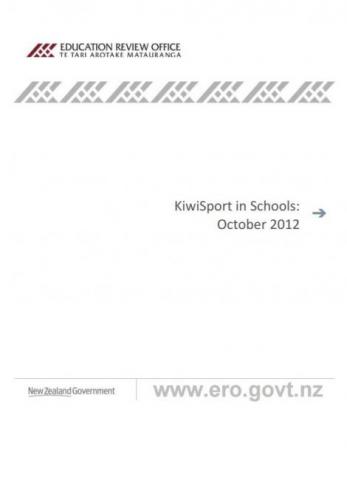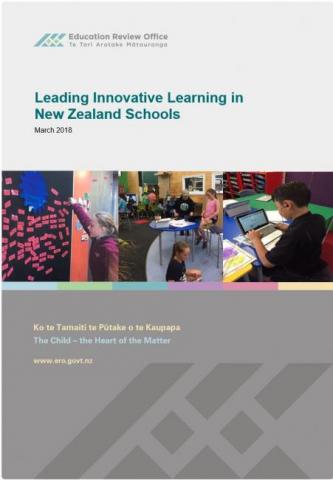Kiwisport in Schools - 2010
Published: 26 Nov 2010
Kiwisport is a government initiative aimed at increasing opportunities for school-aged children to participate in organised sport.
In Terms 2 and 3, 2010, the Education Review Office evaluated the use primary and secondary schools made of Kiwisport funding, and the benefits and challenges of the initiative identified by schools.
- Audience:
- Parents
- Schools
- Content type:
- Research
- Topics:
- Kiwisport
- Sport
- Regional Sports Trusts













